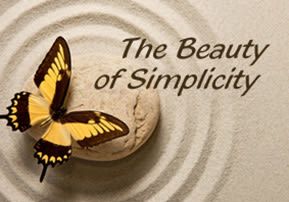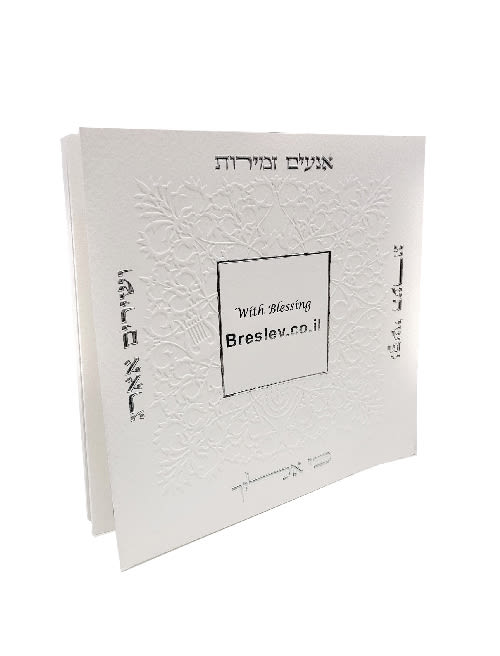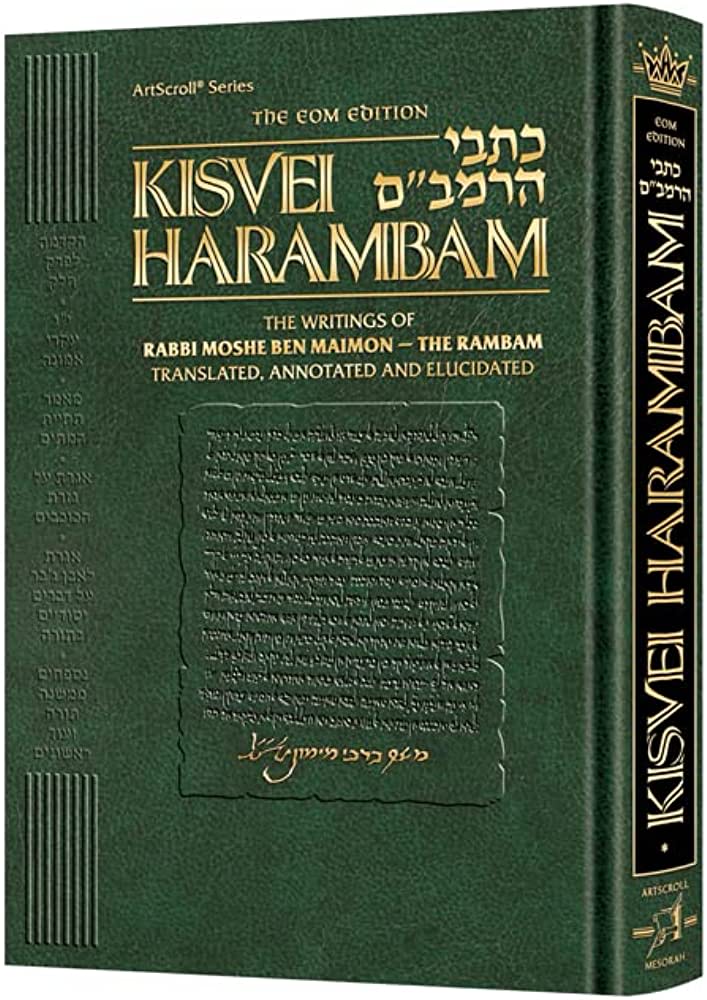
The Beauty of Simplicity
After careful planning and working extra hard to make a great class, it was all crumbling before my eyes; my students were cheating on their test...

The students peeked, looking at one another with short whispers. Their eyes bounced back and forth to my direction. Answers were scribbled. My students were cheating on their test. After careful planning and working extra hard to make a great class, it was all crumbling before my eyes. After work, I was down, not believing in myself. Suddenly I realized on my way back home that I had to do an errand for my wife. She needed some work done on her shoes so I had to go and pick them up from the local shoemaker. Things started to become better, I was reminded of the book by Rabbi Shalom Arush, “The Garden of Wisdom.”
In this classic story, a tale is told about a simple shoe maker and a highly intelligent man. The simple man although not as talented, works very hard at making his shoes. But even when he finishes a pair, and realizes that they aren’t as good as his competitors’, he doesn’t get upset. He realizes that what his effort produced, is what G-d wanted and because of that it was good. The intelligent man in the story is very clever and quick to  pick up new concepts. He is successful and prominent but his weakness is that whenever he succeeds, he’s never satisfied.
pick up new concepts. He is successful and prominent but his weakness is that whenever he succeeds, he’s never satisfied.
How many times does this happen to us? We score great in our tests except for one course. What do we focus on? That ONE course. We quickly forget how hard we worked for the other tests, as if they didn’t matter even if we scored high. What matters is what’s lacking, the same goes for marriage, raising kids, and work. Rabbi Nachman is teaching us through his tale of the simple man and clever man that we have to simplify and focus on the good.
That same day after I went to the shoemaker, I had to pick up an appliance from the local electronic store. It was Friday afternoon a few hours before Shabbat. As I entered the store, I asked if our phone was ready. The man said that it wasn’t. This was after they called to tell us it was ready and me visiting the store already three times that same week. The store owner saw my expression of disappointment and launched into a tirade against me, “I’m not your wife! I’m not your friend! This is not my problem!”
This was at the moment a huge test for my anger, but luckily I still had that voice inside telling me of the story about the simple man. That this is what Hashem wants. He wants that I have my patience tested. Ten minutes later I went to the ATM to take money out to buy my wife flowers. Nope! The machine ate my card. All of this took place within an hour.
In basic training. soldiers that show their strengths to move higher in rank. Some have excellent speed, and some have incredible sharp shooting skills. But what can happen is that people can have the tendency to want more even at the expense of the group. I remember one soldier who wasn’t happy being in our unit. Always complaining, “I’m stronger, smarter than the officer” etc etc. Everyone lost their morale and drive to work hard with him around. This soldier had a very important role to fill, he was a machine gunner. Not everyone had his strength and ability to fire it while running. We needed him badly because everyone else had their own role to fill, sharpshooters, grenade launchers, etc. This same soldier decided to try to leave our unit for special forces. This soldier wanted recognition, nothing was good enough for him.
Sometimes in life when we are faced with difficulties and situations that we don’t, want we have to be more like the simple man. By recognizing that our situation is tailor-made from Hashem, and applying the principles of “The Garden of Emuna,” namely that everything is for the good, from Hashem, and for the best, we can accept our situation and succeed through any challenge. But, when life is good and going our way, we should also attribute it to Hashem and give thanks.
Rabbi Lazer Brody brings a quote in his book “The Trail to Tranquility” from Rabbi Nachman: “A person must seek peace with his fellow human, and seek peace with himself. Inner peace means that one doesn’t differentiate between favorable occurrences and unfavorable occurrences, and happily sees the hand of G-d in whatever happens.”
Once we put our intellect aside, we can learn what the real message is in everything that happens to us. Through our daily personal prayer sessions we can see the wisdom in the challenge and always start fresh once again. We have to see the goodness in what we are doing. That’s the beauty of simplicity.












Tell us what you think!
Thank you for your comment!
It will be published after approval by the Editor.